Whether you are selling or buying a property, whether it is a house or a flat, you need to consider what that property is really worth.
What are the factors that affect property value?
From location to infrastructure, amenities, size and intended aesthetics, there are numerous factors that affect the value of a property.
Read on to learn what affects the value of a property, what makes them go up in price, and how you can determine the value of your property so you can sell it for a better price or the property you want to buy.
1.- Location
The location of your property is one of the most important factors affecting its final valuation. The main questions to ask would be;
- Is it close to restaurants, schools, shops, public transportation and other services in the parish or main town?
- Are you in a well-known tourist destination?
- Is it located near the centre of the town or the capital of the parish?
The more popular and accessible its location, the more valuable and interesting this property will be for investors.
2.- Total surface and useful space
The market value of a property is usually stated in terms of price per square meter: the total sales price divided by the square meter of the property.
Plus, square footage means more value. Usable space determines the value of a property. Garages, unfinished basements and attics are usually not included in usable square footage. It is spaces such as bathrooms, kitchens and bedrooms that can significantly increase the value of the property.
3.- Antiquity and state of conservation
Age is a factor that plays a fundamental role when determining the value of a property.
Typically, the newer the property, the more buyers will be willing to pay a higher price, as it does not require major renovations or repairs.
In addition to the age, buyers and investors also take into consideration (should) the condition of the structure. In general, buyers prefer to buy a well-maintained property that is 10 or 15 years old than a property that needs major renovations.
4.- Updates and reforms
Updates and renovations carried out on flats and houses can significantly increase their final value, especially in older properties which can be seen already to have a certain level of physical and functional depreciation.
Kitchen and bathrooms
Kitchen and bathroom renovations are some of the improvements that could have the greatest positive effect on the final value of a property.
You can also consider increasing the number of rooms (outbuildings) as long as the total surface area of the property allows it and it is legal to do so.
Curb appeal is another important factor that affects the value of a property. The layout of your yard can increase the value of your home by up to 20%.
5.- Supply and demand, factors that affect the value of the property
The Law of Supply and Demand has a very important influence on the value of a property, it is decisive.
If there is high demand but a fixed supply, property prices will rise as more people try to buy. Only when supply exceeds demand will prices begin to fall.
6.- Real estate properties
If you want to know the value of a property, look at the sales prices of comparable properties that have actually sold recently in the area. Properties could be comparable in terms of:
- Housing typology (single-family homes, terraced houses, apartments in multi-family buildings).
- Year of construction.
- Total and useful surface area.
- Number of bathrooms, living rooms and bedrooms.
- Location (near a shopping centre, beach, or busy street, for example).
7.- Planning and construction regulations
The construction of a modern property requires building regulations (which include technical aspects of the construction process) and planning permission (which includes the design, shape and size of the property).
Failure to comply with these regulations could result in a property being demolished. Therefore, the number of planning permits and building regulations required can have an impact on the value of the property.
8.- Interest rate
The level of interest rates is one of the main factors affecting the value of property. If the ECB decides to increase loan interest, lenders will follow suit.
This results in borrowers having to pay a higher monthly mortgage repayment. Expensive mortgages mean that properties will sell for a higher price.
On the other hand, a reduction in interest rates means that property will be more affordable.
9.- Renewal potential
Most real estate investors and home buyers are interested in the renovation potential of a property.
This may be the potential to increase floor area, add an extra floor or extra bedroom, add an outside patio or add a pool, for example.
If there is permission for a buyer to customize or improve a property, the value of the property will be higher.
10.- Economic factors
The economic conditions of an area affect people’s ability to sell or buy property.
When the economy is booming, there will be more jobs and people will earn more money.
As people’s purchasing power increases, they are more likely to invest in a new home or second home. The increase in demand will eventually lead to an increase in property prices.
On the other hand, if unemployment increases and wages fall, fewer people will be able to afford to buy a home. Property prices will subsequently fall as well.
Therefore, it is very important to keep up to date with the prevailing conditions of an area before setting the price of a property.
Conclusion
It is important to know the value of a property before buying or selling. Although these 10 factors can help you and are useful, there are other factors to take into account to get an accurate idea of the value of the property.
While these tools take into account factors that affect property value, such as recent housing market trends, property purchases and interest rates, it is also important to review other factors, such as public safety and unemployment.
This is why you should be well advised by a professional who has experience in the valuation and evaluation of properties in the local area.



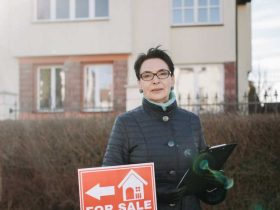



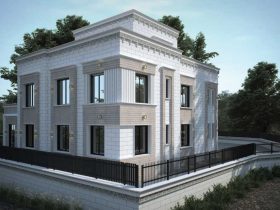
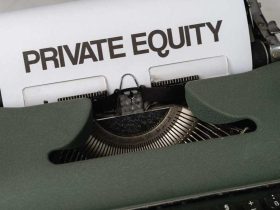



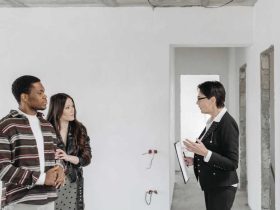

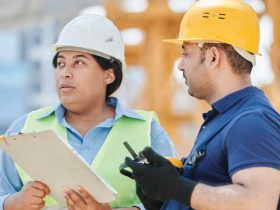

Leave a Reply